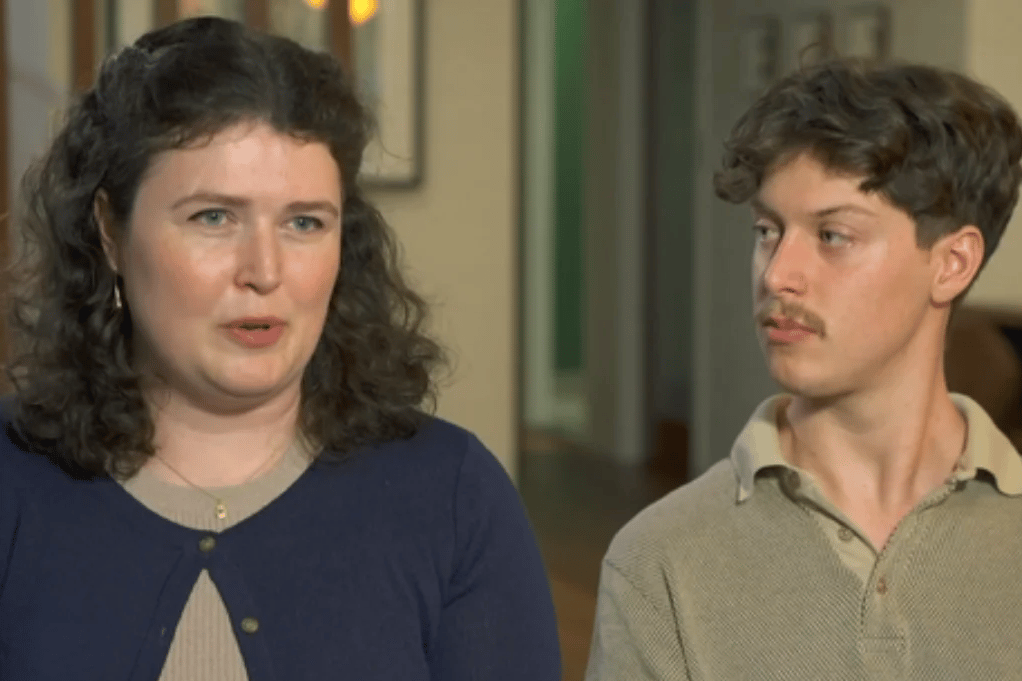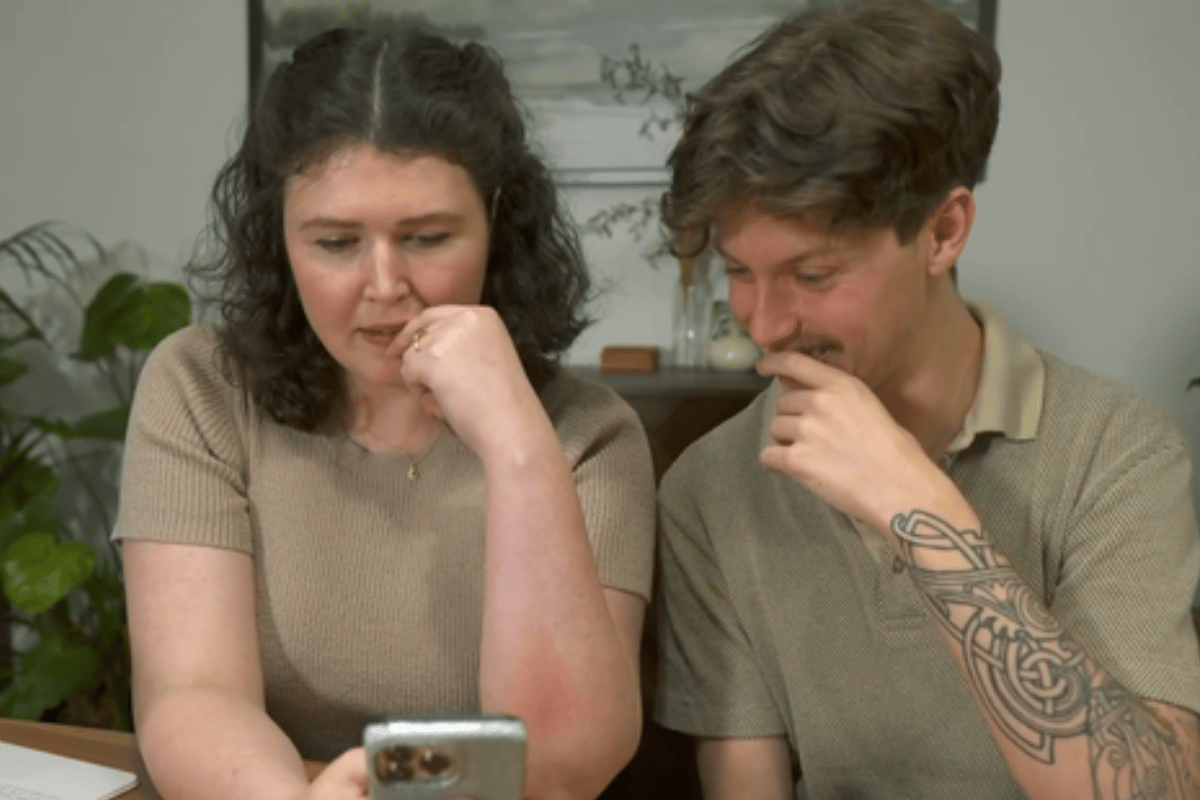
A few months after getting married, Lyndal Bubke decided to take an ancestry DNA test and trace her family history.
Speaking to The Guardian, she said she'd recently watched the documentary Our Father, about former fertility doctor Don Cline, who spent 30 years secretly using his own sperm to impregnate women. He had 94 confirmed children.
Her parents got in just ahead of the results landing to tell her the news: Lyndal had been conceived using a sperm donor.
The more she thought about it, the more it made sense. While Lyndal's parents were blonde, she was brunette.
Finding out was a shock. Learning she had 11 confirmed half-siblings was a bigger one.
Today, she knows the number is 77 and could be even higher.
Watch: Lyndal Bubke on discovering she has 77 half-siblings. Post continues below.
Appearing on A Current Affair on Wednesday with one of her half-siblings, Gabe, Lyndal said her parents were told the donor was a blonde medical student.





























































































